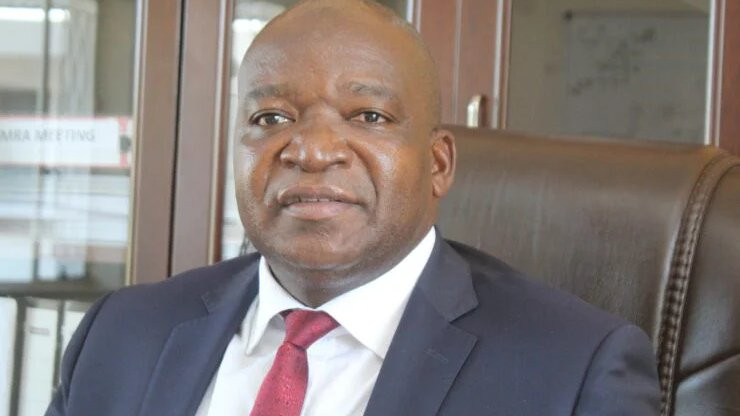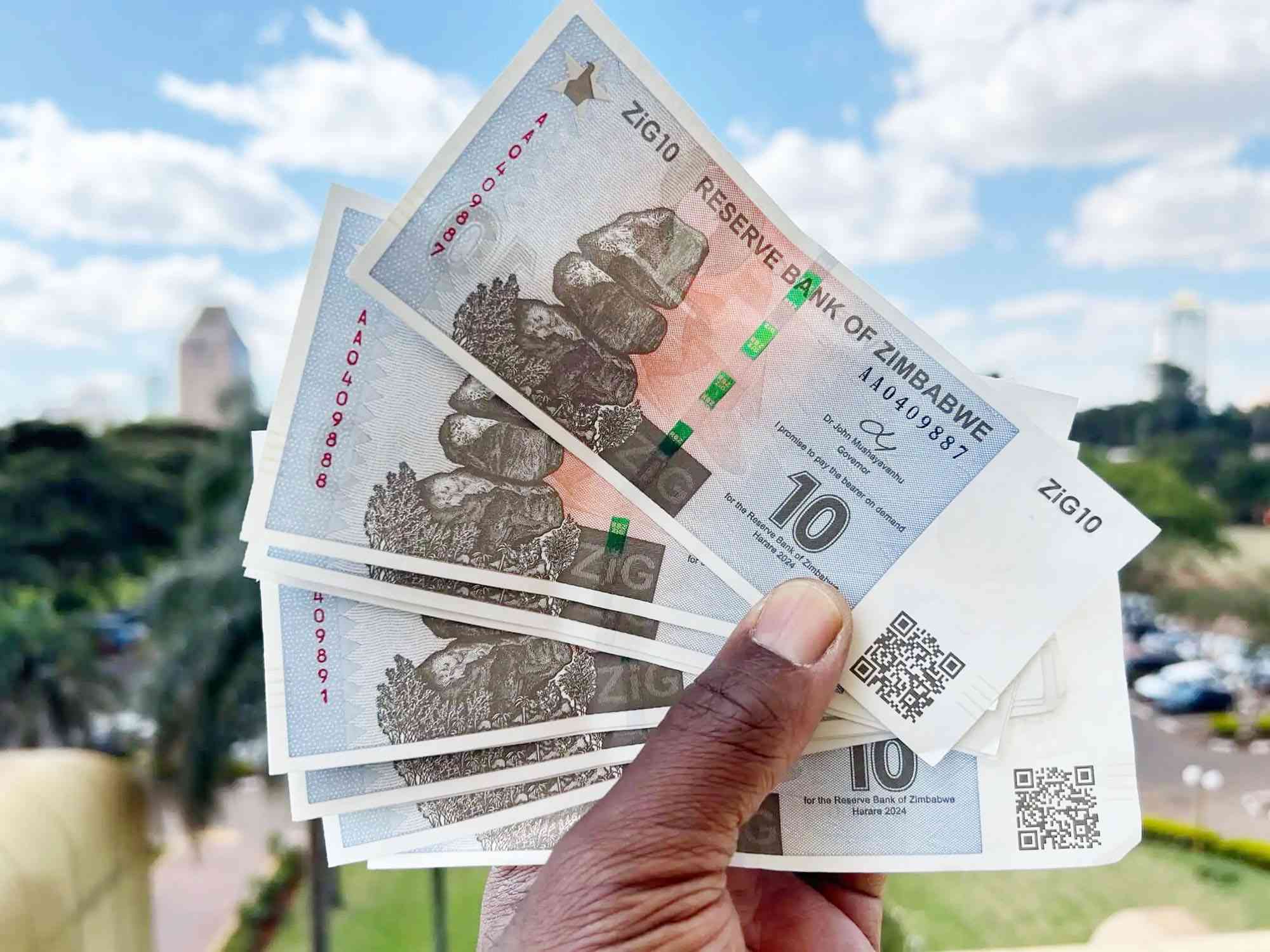
ZIMBABWE’S industries have been hit harder than anticipated by a massive power tariff hike in November last year, leading to a 15% increase in costs for mines and causing widespread disruptions across various sectors.
Business leaders told the Zimbabwe Independent that the tariff increase, estimated at about 44%, had forced some mines to abandon expansion projects as they struggle to absorb the escalating costs.
Farmers, too, are feeling the pressure, with many reconsidering the viability of certain crops as they battle to stay afloat.
Economists are warning that the country’s economic growth targets are now in jeopardy, compounded by a severe drought that has wiped out over 80% of crops in some regions.
Industrialists voiced their concerns as power utility Zesa announced that despite the tariff hike, it is still struggling to meet its monthly US$160 million payment obligations to Chinese lenders.
These payments are related to a US$1,5 billion loan that financed the construction of Units 7 and 8 at the Hwange Power Station, which were commissioned last year.
Zesa has indicated that without further increases, it would not be able to service the loan.
Isaac Kwesu, chief executive officer of the Chamber of Mines of Zimbabwe, said the tariff hikes had severely impacted power-intensive industries, particularly chrome mining.
- Power crisis needs practical solutions
- Mines propose fresh power import deal
- Motorist robbed while relieving self
- RBZ shifts blame to companies
Keep Reading
He called for the government to reconsider its position, highlighting that the new tariffs are unsustainable for the mining sector.
“The increase in electricity costs consumes on average 20% of mining companies’ stay in business capital budgets, which are largely funded from retained earnings,” Kwesu said.
“As a result, implementation of capital projects has generally been curtailed due to cash flow shortages.
“The electricity tariff for mining companies, which went up by more than 44%, from US$0,0986/ KWh in 2022, to the current US$0,1421/ KWh, is unsustainably high and has resulted in an increase in the overall cost of production for the mining industry of around 15%.
“The situation is worse for intensive users including the ferrochrome industry where electricity cost constitutes 50% of the total cost of production.
“With prices for most key minerals significantly coming down in the past 18 months, the viability of mining companies has been severely compromised with marginal mines struggling to break even. The tariff also compares unfavourably to regional averages, which are around US$,08/ KWh,” he added.
Zimbabwe’s industries are already grappling with high operational costs, foreign currency shortages, and rolling blackouts.
According to a report released on Monday by Zesa, manufacturing industries owe the utility about half of the ZiG5,7 billion (US$413 million) that remains unpaid by customers, with the mining industry responsible for 12% of this debt.
The government projected in July that the economy would grow by 3,2% this year, but analysts warn that with key industries facing protracted challenges, this target may remain out of reach.
Other business leaders said companies had hit crisis point, in an economy already struggling with subpar consumer spending.
President of the Zimbabwe National Chamber of Commerce (ZNCC) Tapiwa Karoro warned of the significant "knock-on effect" of high energy bills on the broader economy.
“Certainly, the increase in electricity tariffs is bound to increase pressures on most entities, especially those whose facilities require a lot of energy and in that regard, it becomes a knock-on effect,” Karoro said.
“If you have an increase in the energy bill, which then culminates in an increase in cost of production, our locally produced products are going to be highly priced.”
He further explained that higher production costs would likely erode sales and revenue, putting additional strain on local manufacturers.
“Locally manufactured products will be under strain and the knock-on effect is that it will have a negative impact on the sales or revenue earning capacity of our local manufacturers. It creates a vicious cycle as your sales come down,” Karoro told the Independent.
Denford Mutashu, President of the Confederation of Zimbabwe Retailers, noted that companies are not only struggling to pay their energy bills but also to settle other debts for goods and services.
“It is survival mode under the weight of doing business complexities and subdued demand on the market,” Mutashu said.
“There is a need to strike a balance between tight monetary stance and demand stimulation to counter the negative unintended consequences of a possible economic slowdown.”
President of the Commercial Farmers Union of Zimbabwe Liam Philp advised farmers to reassess their production models in light of the increased costs, particularly with the new smart meters that now charge for reactive power, which was previously not billed.
“The Zesa tariff issue is compounded by the impact of the new smart meters which now charge for reactive power that previously was not billed. Energy cost has economically challenged most value chains,” he said.
“The new tariff is a reality that needs to be accepted. Farmers need to revisit their models and question if it is viable to produce certain crops at these levels of input cost.”










